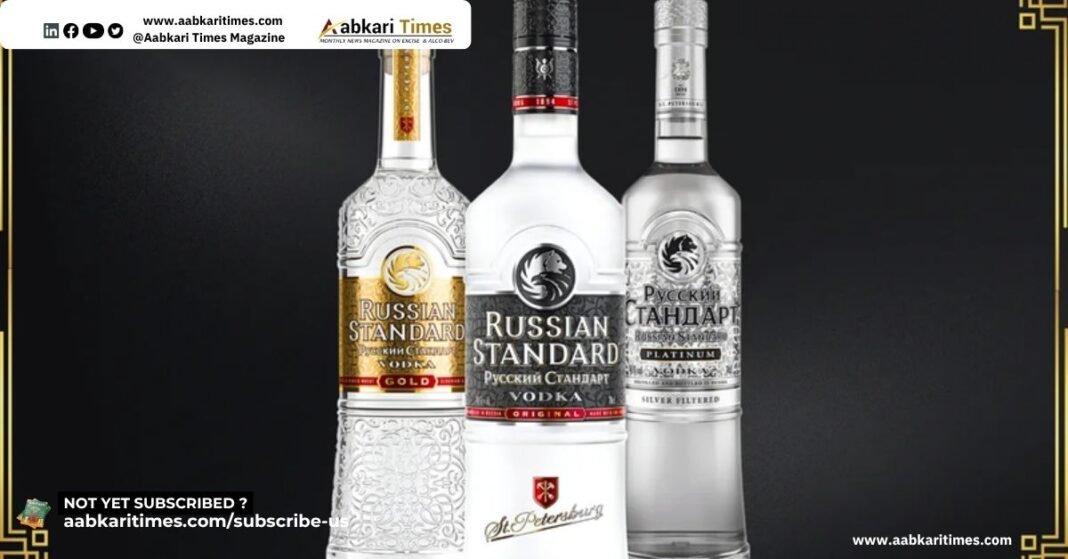The global trade scene is shifting in 2025, and for Indian alcohol-beverage (alco-bev) producers, it may be the perfect moment to go international. The U.S. has recently reduced import duties on select alcohol categories — a move that opens up new possibilities for Indian brands, especially in the premium segment.
A Game-Changing Moment for Indian Exporters
According to Sameer Mahandru, founder of Indobevs and a key voice in India’s alco-bev sector, this isn’t just a policy change — it’s a call for Indian brands to think globally. With the U.S. becoming more open to imported spirits, Indian companies now have a window to tap into a lucrative and competitive market.
While big global brands already dominate, the lower tariffs create an opening for small and mid-sized Indian players to enter the scene with more competitive pricing and quality offerings.
Success Abroad Requires More Than Just a Good Product
Mahandru warns, however, that reduced tariffs alone won’t guarantee success. He stresses the importance of:
-
Compliance with U.S. regulations like FDA and TTB standards
-
Proper labeling and transparency in sourcing
-
Sustainability and responsible marketing
-
Strong global branding and packaging
“Tariffs open the door,” says Mahandru, “but brands need to deliver quality, compliance, and credibility to stay in the room.”
Indian Industry: Ambitious, but Still Learning
India’s alco-bev industry is growing fast, with an increasing focus on craft spirits, wines, and premium liquors. But when it comes to exports, few brands have made a significant mark in global markets like the U.S., UK, or Japan.
Challenges like lack of global exposure, complex export documentation, and misconceptions about foreign demand have held many back. Mahandru believes this can change with the right support — mentorship, government backing, and trade facilitation tools.
Learning from Asia’s Success Stories
Countries like Japan, South Korea, and Vietnam have successfully created alco-bev brands that lead with:
-
Stories rooted in tradition and origin
-
Natural ingredients and eco-conscious values
-
Partnerships with local distributors abroad
-
Premium packaging
Indian brands, he says, can follow a similar path to appeal to global consumers seeking authentic and high-quality spirits from new regions.
The Role of Government and Trade Bodies
To accelerate growth, Mahandru recommends:
-
A dedicated alco-bev export council
-
Fast-track approvals for qualified exporters
-
Promotion at global trade shows
-
Incentives for eco-friendly, premium products
What Indian Exporters Should Do Now
Mahandru suggests a simple roadmap:
-
Assess product readiness – Ensure quality packaging, shelf life, and labeling
-
Understand foreign regulations – Know FDA, alcohol content norms, and distributor rules
-
Build a compelling export pitch – Highlight brand story and uniqueness
-
Start small – Test one product before scaling
-
Partner wisely – Work with consultants and export enablers
A Turning Point for Indian Spirits
The recent U.S. tariff cuts might seem like a minor update to some, but to forward-thinking entrepreneurs like Sameer Mahandru, it signals a major opportunity. With the right strategy and commitment, Indian alco-bev brands could soon become recognized players on the world stage.
The world is ready. The question is — are Indian brands ready to raise their glass to global success?














